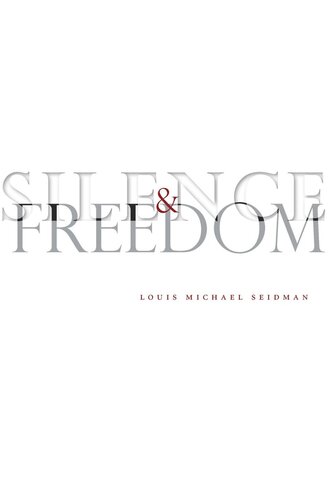

Most ebook files are in PDF format, so you can easily read them using various software such as Foxit Reader or directly on the Google Chrome browser.
Some ebook files are released by publishers in other formats such as .awz, .mobi, .epub, .fb2, etc. You may need to install specific software to read these formats on mobile/PC, such as Calibre.
Please read the tutorial at this link: https://ebookbell.com/faq
We offer FREE conversion to the popular formats you request; however, this may take some time. Therefore, right after payment, please email us, and we will try to provide the service as quickly as possible.
For some exceptional file formats or broken links (if any), please refrain from opening any disputes. Instead, email us first, and we will try to assist within a maximum of 6 hours.
EbookBell Team

4.8
24 reviews"You have the right to remain silent." These words, drawn from the Supreme Court's famous decision in Miranda v. Arizona, have had a tremendous impact on the public imagination. But what a strange right this is. Of all the activities that are especially worthy of protection, that define us as human beings, foster human potential, and symbolize human ambition, why privilege silence? This thoughtful and iconoclastic book argues that silence can be an expression of freedom. A defiant silence demonstrates determination, courage, and will. Martyrs from a variety of faith traditions have given up their lives rather than renounce their god. During the Vietnam era, thousands of anonymous draft resisters refused to take the military oath that was a prelude to participating in what they believed was an immoral war. These silences speak to us. They are a manifestation of connection, commitment, and meaning. This link between silence and freedom is apparent in a variety of different contexts, which Seidman examines individually, including silence and apology, silence and self-incrimination, silence and interrogation, silence and torture, and silence and death. In discussing the problem of apology, for example, the author argues that although apology plays a crucial role in maintaining the illusion of human connection, the right to not apologize is equally crucial. Similarly, prohibition against torture—so prominent in national debate since the events of Guantanamo and Abu Ghraib—is best understood as a right to silence, essential in preserving the distinction between mind and body on which human freedom depends.